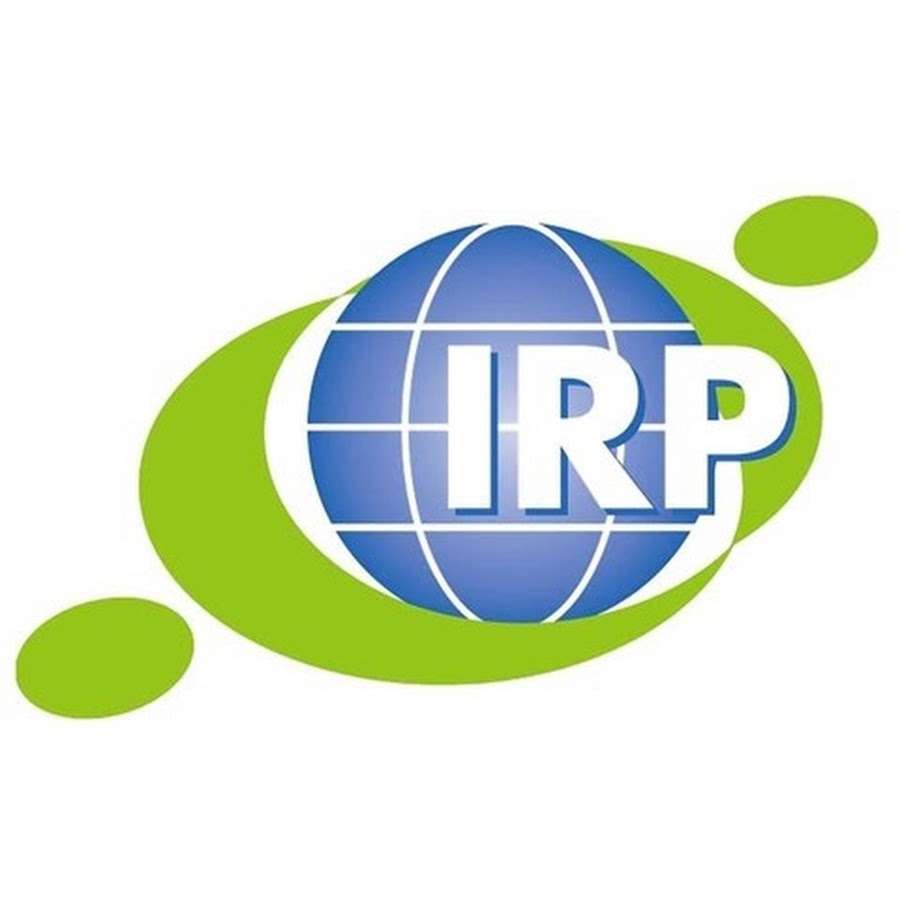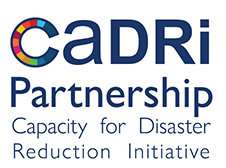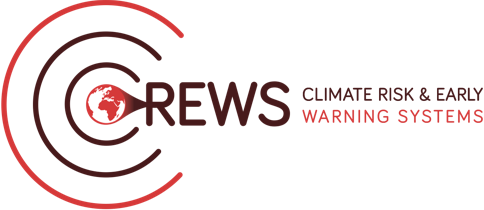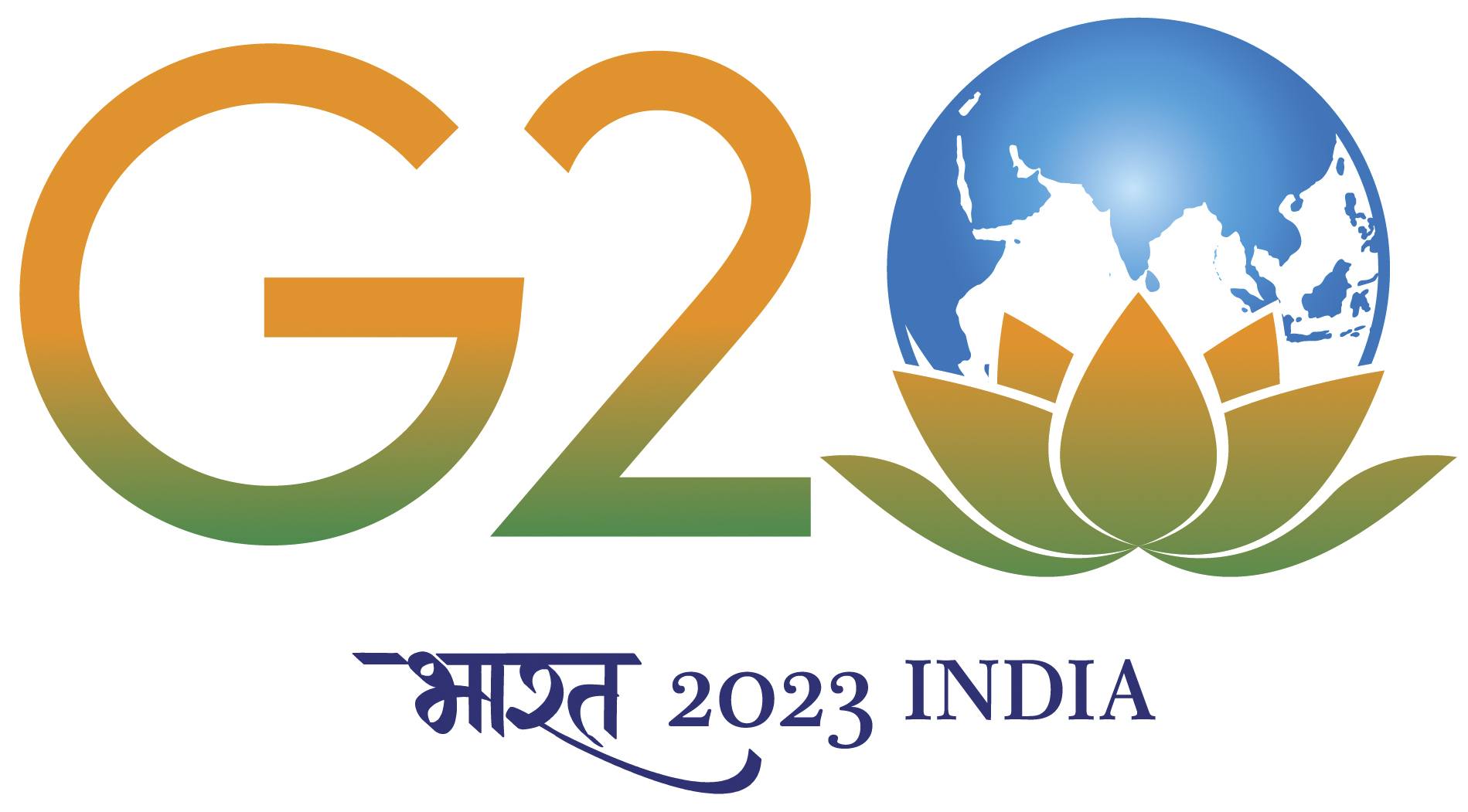Multi-Stakeholder Initiatives & Partnerships
To convene stakeholders at all levels around the implementation and monitoring of the Sendai Framework, UNDRR leads and engages in various stakeholder initiatives. UNDRR also contributes to Multi-Stakeholder Initiatives & Partnerships linked and engaged in the global risk and resilience discussions.
International Recovery Platform (IRP)

The International Recovery Platform (IRP) is a global partnership working to strengthen knowledge and share experiences and lessons on building back better in recovery, rehabilitation, and reconstruction.
It is a joint initiative of United Nations organizations, international financial institutions, national and local governments, and non-governmental organizations engaged in disaster recovery, and seeking to transform disasters into opportunities for sustainable development. IRP supports progress against Priority 4 of the Sendai Framework for Disaster Risk Reduction 2015-2030, enhancing disaster preparedness for effective response and to “Build Back Better” in recovery, rehabilitation and reconstruction.
Capacity for Disaster Reduction Initiative (CADRI)

The Capacity for Disaster Reduction Initiative (CADRI) is a global partnership composed of 20 organizations working towards the achievement of the Sustainable Development Goals by providing countries with capacity development services to help them reduce climate and disaster risk. UNDRR is an advisory partner.
Climate Risk and Early Warning Systems (CREWS)

CREWS, launched in 2016, supports LDCs and SIDS in substantially reducing disaster mortality by 2030 and significantly increasing access to early warnings and risk information. The CREWS initiative contributes to the implementation of the Sendai Framework global targets A and G.
UNDRR, WMO and World Bank/GFDRR serve as Implementing Partners of the CREWS Initiative.
Global Alliance for Disaster Risk Reduction & Resilience in the Education Sector (GADRRES)

GADRRRES aims at strengthening global coordination, increase knowledge, and advocate on risk reduction education and safety in the education sector. In support of the Sustainable Development Goals and in line with the Sendai Framework for Disaster Risk Reduction and Education 2030: Incheon Declaration and Framework for Action, GADRRRES promotes a comprehensive approach to DRR education through the Comprehensive School Safety Framework. This approach is based on education policy, plans, and programs that are aligned with disaster management at national, regional, district and local school site levels. UNDRR is a partner of the multi-stakeholder mechanism composed of UN agencies, international organizations, and global networks.
G20 Disaster Risk Reduction Working Group (G20 DRRWG)

Through sharing expertise and good practices and the development of guidance documents and common approaches, the Disaster Risk Reduction Working Group supports G20 countries to develop and implement national policies that reduce risk today and build resilience against future shocks and to promote disaster risk reduction in the work of international financial institutions and across the global financial system.
Risk-informed Early Action Partnership (REAP)

REAP was launched at the UN Climate Action Summit in September 2019 and brings together a wide range of partners across the climate, humanitarian, and development communities with the aim of making 1 billion people safer from disaster by 2025.
REAP was launched at the UN Climate Action Summit in September 2019 and brings together a wide range of partners across the climate, humanitarian, and development communities with the aim of making 1 billion people safer from disaster by 2025.
UNDRR was nominated to serve as the lead focal point for the Office of the UN Secretary General on the follow-up of the REAP initiative for the SG's Climate Action Summit. UNDRR serves on the REAP Board, and is the co-chair of its Technical Advisory Group as well as of the Working Group on Comprehensive Risk Management on REAP Target 1.
Partnership for Environment and Disaster Risk Reduction (PEDRR)

UNDRR is a member of Partnership for Environment and Disaster Risk Reduction (PEDRR), a global advocate for increasing investments in ecosystem-based approaches to reducing disaster- and climate risks. Formally established in 2008, PEDRR is a global alliance of UN agencies, NGOs and specialist institutes, acting as the clearinghouse for knowledge, training, advocacy and practice on Ecosystem-based Disaster Risk Reduction (Eco-DRR).
Coalition for Disaster Resilient Infrastructure (CDRI)

The Coalition for Disaster Resilient Infrastructure (CDRI) launched at the 2019 Climate Action Summit under the leadership of Government of India and with the support of UNDRR is envisaged as a knowledge, exchange and capacity development partnership that will bring together national governments, private sector, academia, multilateral development banks, and UN agencies as key stakeholders. CDRI intends to play the role of a knowledge, innovation and institutional development platform that connects global resources with regional and sectoral demands for infrastructure resilience.